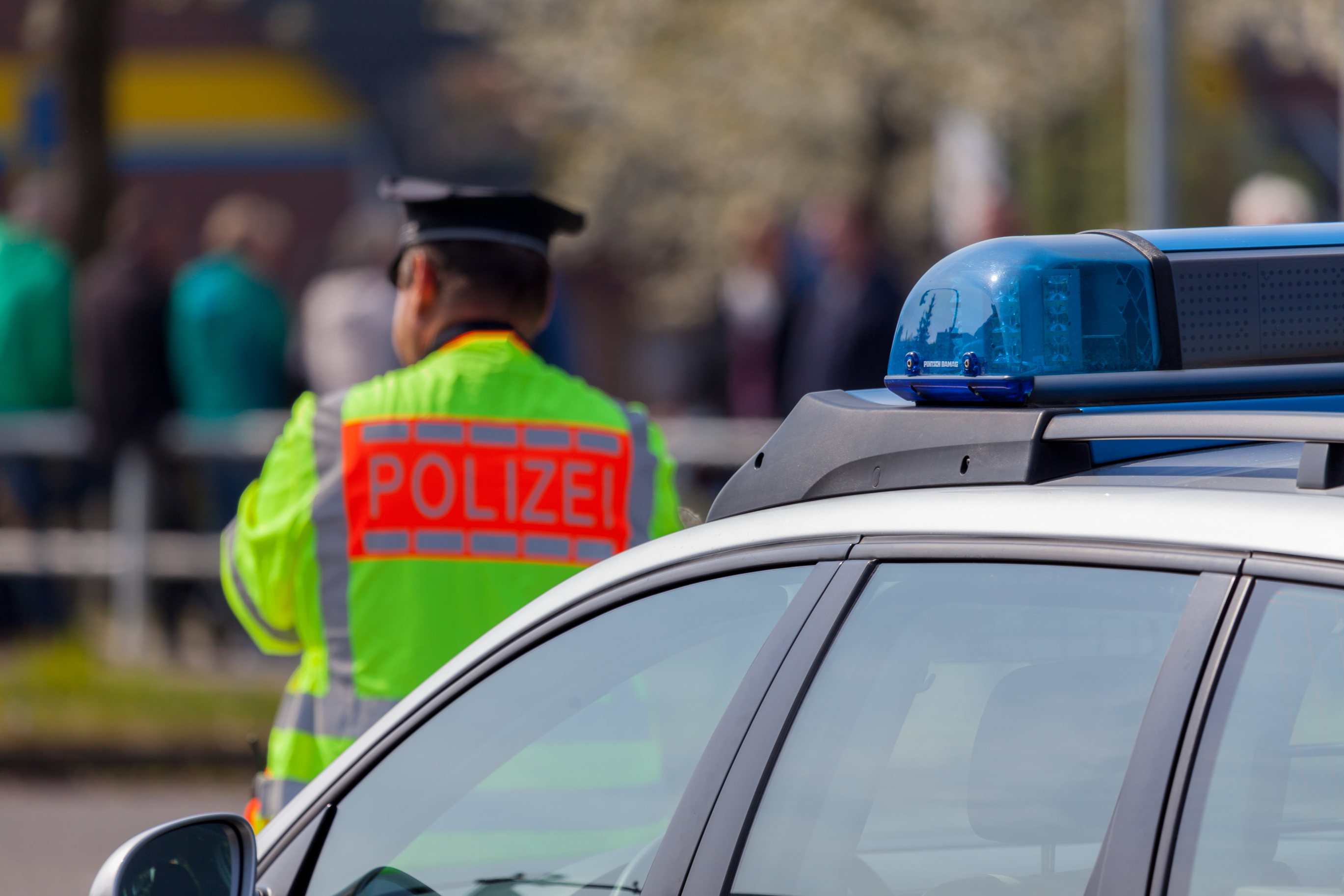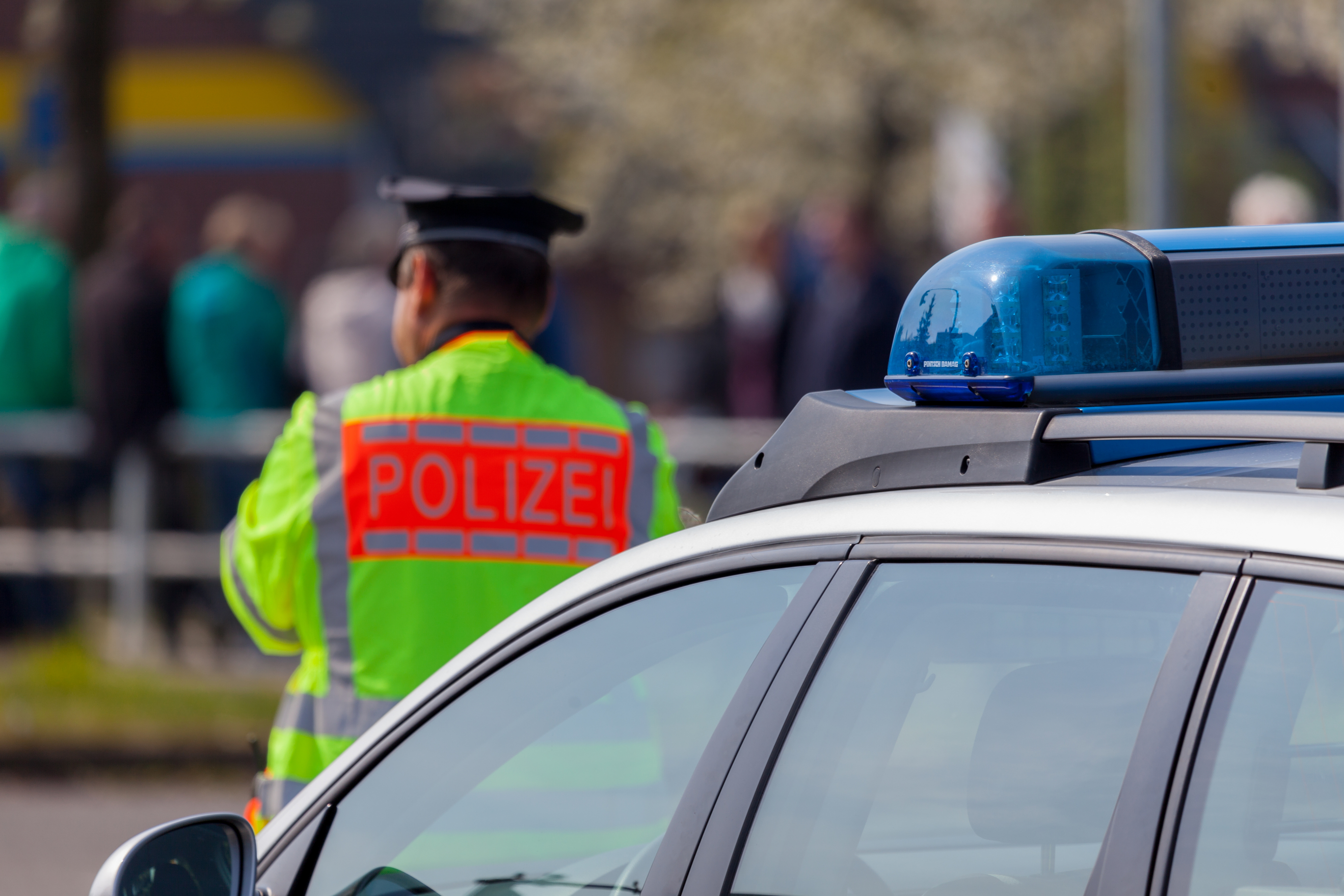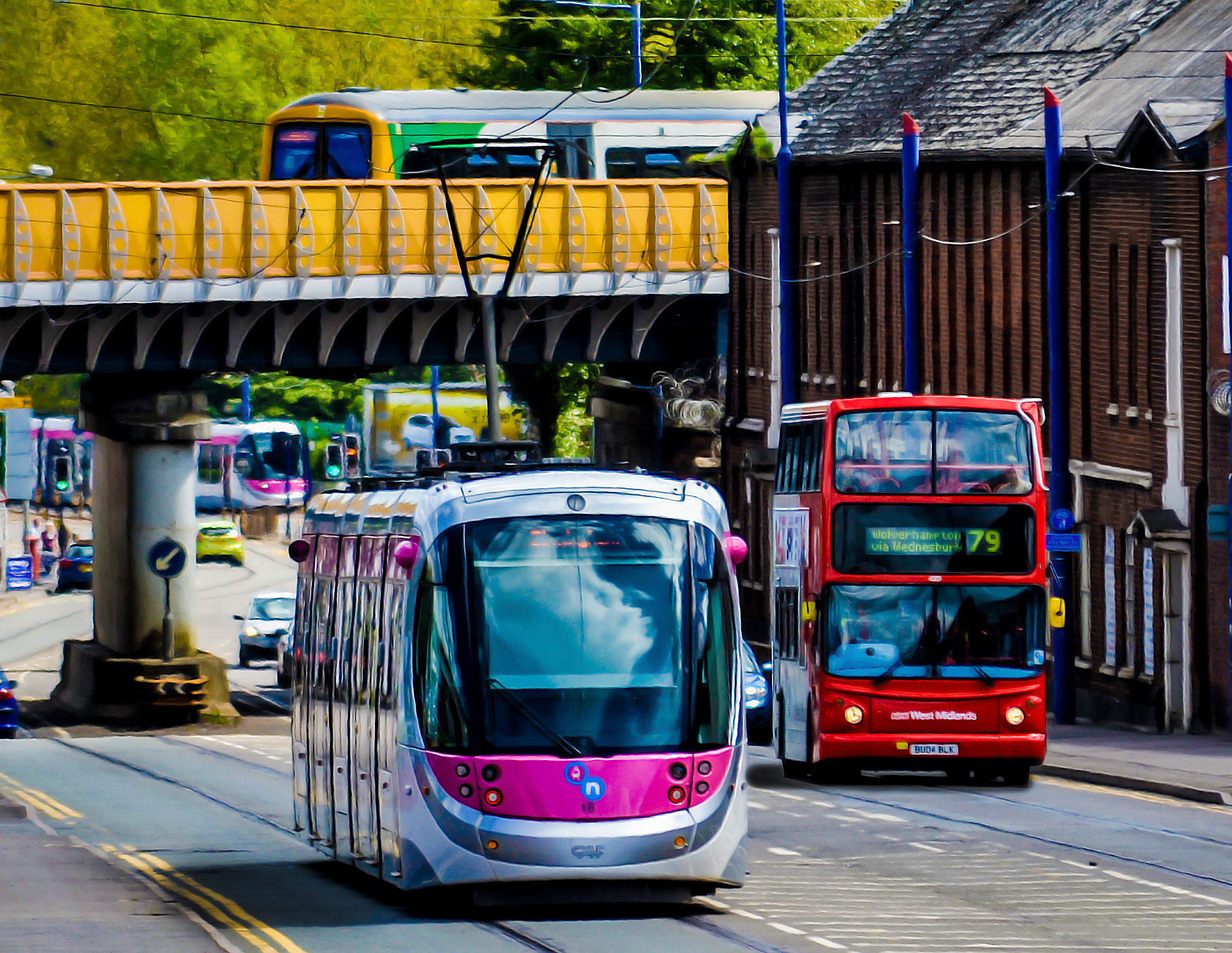The meeting, hosted by
One presentation on shared data suggested that regulating speeds has a smaller effect on air quality than previously thought. As a result, some attempts to smooth traffic flows on main roads has led to a greater traffic build-up on side roads leading to harmful emissions where people live.
Attendees heard that part of the ITS Industry’s role should be to use collected data to help change people’s attitudes and understanding about why things need to change and the industry must work more collaboratively; a change which needs to be government-led
Interest Group chair, professor Margaret Bell of Newcastle University, said: “Understanding the scale of the problem we are facing is very important. Given that we have the target of reducing carbon dioxide emissions by 67% by 2050 over 2010 levels, business as usual is not an option. That is non-negotiable. We know that we can help reduce emissions but the key thing we must do is reduce the vehicle kilometres travelled.
“The win-win for carbon and air quality is going to be really tough to deliver and I see that where ITS should be going in the future is in the demand management, actually reducing the traffic on the road and the data we are collecting needs to educate people as to why we should be doing this.”
ITS (UK) Interest Group calls for targeted initiatives on transport emissions
A more targeted approach to dealing with the automotive industry which has the biggest effect on transport emissions is needed; rather than an overall reduction in average levels of harmful pollutants, according to a meeting held by the ITS (UK) Smart Environment Interest Group. The event featured experts using Intelligent transport systems (ITS) to help improve the environment.
A more targeted approach to dealing with the automotive industry which has the biggest effect on transport emissions is needed; rather than an overall reduction in average levels of harmful pollutants, according to a meeting held by the ITS (UK) Smart Environment Interest Group. The event featured experts using Intelligent transport systems (ITS) to help improve the environment.











